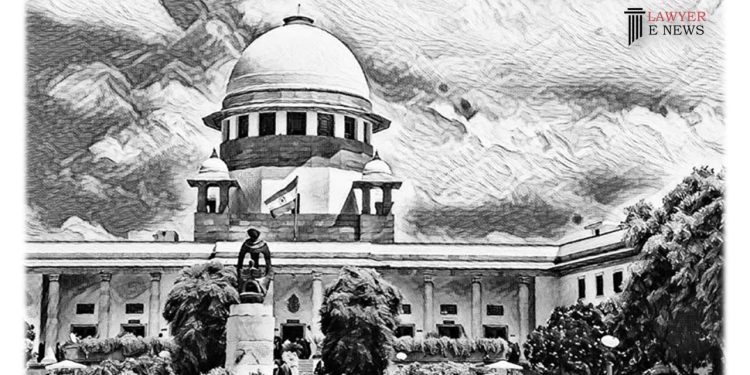-
by Admin
19 February 2026 3:14 PM



In a significant legal development, doubts surrounding a dying declaration have resulted in the acquittal of the accused in a dowry death case. The judgment, delivered by the Supreme Court of India, highlights the critical importance of establishing the voluntariness and reliability of such declarations in criminal cases.
The case in question, Criminal Appeal No. 396 of 2010, involved a tragic incident where the appellant was accused of setting his wife on fire. The conviction was primarily based on a dying declaration recorded by an Executive Magistrate. However, the Supreme Court raised concerns about the credibility of this declaration.
The Supreme Court noted, "The dying declaration was recorded by an Executive Magistrate on 8th November 1991, three days after the incident, and questions arise about its voluntariness, as there were suggestions of possible tutoring by the deceased's relatives."
Furthermore, the Court pointed out discrepancies in the timing of the medical examination and the statement recording, which cast doubt on the sequence of events. The lack of corroborating evidence further weakened the credibility of the dying declaration.
As a result of these concerns, the Court ruled that the conviction based on this dying declaration was not sustainable.
In addition to the issues with the dying declaration, the Court also found insufficiency of evidence to establish harassment due to non-fulfillment of dowry demands, a critical element in the case. The prosecution relied on the testimony of relatives of the deceased, but their evidence lacked specificity and concrete details regarding the alleged harassment.
The Court emphasized that vague allegations without substantial corroboration could not prove that the deceased was subjected to harassment related to dowry demands. Consequently, the prosecution failed to establish a case under Section 304-B of the Indian Penal Code.
In the final verdict, the Supreme Court acquitted the appellant of all charges and ordered the discharge of his bail bonds.
This judgment underscores the need for rigorous scrutiny of dying declarations and the importance of concrete evidence in criminal cases. It serves as a reminder that justice must be based on solid legal principles and the highest standards of proof.
Date of Decision: September 27, 2023
PHULEL SINGH vs STATE OF HARAYANA
